About a year after she wrote this moving Appalachian song in 1965, folk legend Jean Ritchie came back to Kentucky from her New York home to perform it in a solo concert at Ashland Community College in Ashland, Ky.
Some of the earliest members of the Family Flood were lucky enough to be sitting in the front row that night. Memories of Jean’s cool-as-crystal-water voice singing a cappella on those mountain ballads still send shivers down our spines.
On that particular autumn evening in 1966, we also remember Ritchie introducing her newest song by saying, "It's nice to play this tune for people who don't need to be told what the L&N is or why we care when it doesn’t stop anymore."
Ritchie, who by then had been on the national folk music scene for 20 years, grew up in Viper, Ky., and the Louisville and Nashville tracks ran right through of the mouth of Slabtown Holler near her family home.
Difficult times began when the local coal mines closed, and the trains stopped coming. Ritchie typically eschewed controversial topics, but in the mid-1960s, the plight of impoverished coal miners in her native Perry County moved her to write this, perhaps her best known song.
Even then, though, she considered the subject touchy enough that she originally released "L&N" in 1965 under her maternal grandfather's name. “Than Hall” was named as the composer; it was the same name she used for the credit on another of her original songs of that period, “Blue Diamond Mines.”
But in the last decades of her life, Ritchie became increasing political. For instance, in 2008 — seven years before her death — she still owned the family farm in Viper, and she publicly fought against mountaintop removal, the form of strip mining that she called simply “a sin.”
Both Michelle Shocked and Kathy Mattea have covered “L&N” over the years, but the song was made famous when country music icon Johnny Cash published his own cover of the ballad after hearing his wife, June Carter Cash, sing it.
Our Take on the Tune
The weekly Flood rehearsal has always been an eclectic affair. A typical night will travel from old jazz standards of the 1930s and ‘40s with their flurry of quirky chords to little-known jug band tunes and blues. Maybe we’ll stop along the way to sample a few Flood originals that are still busy being born.
After all that musical wandering, we often end up back at some simpler folk song of our youth. Last week, for instance, the last moments of the evening were spent on this haunting tune that Ritchie built on just two well-considered chords.
Meanwhile….
If you’d like to hear more of our eclectic musical meandering this year, be sure to drop into The 2022 Channel of our free Radio Floodango music streaming service for a playlist of tunes we’ve flirted with starting in January of this year. Click here to turn us on.




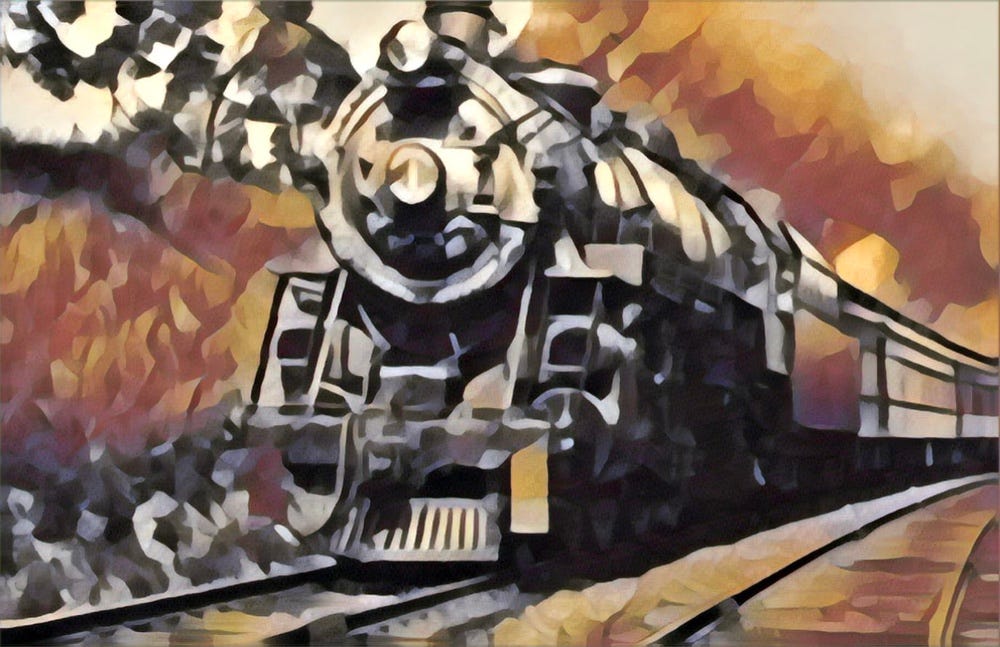
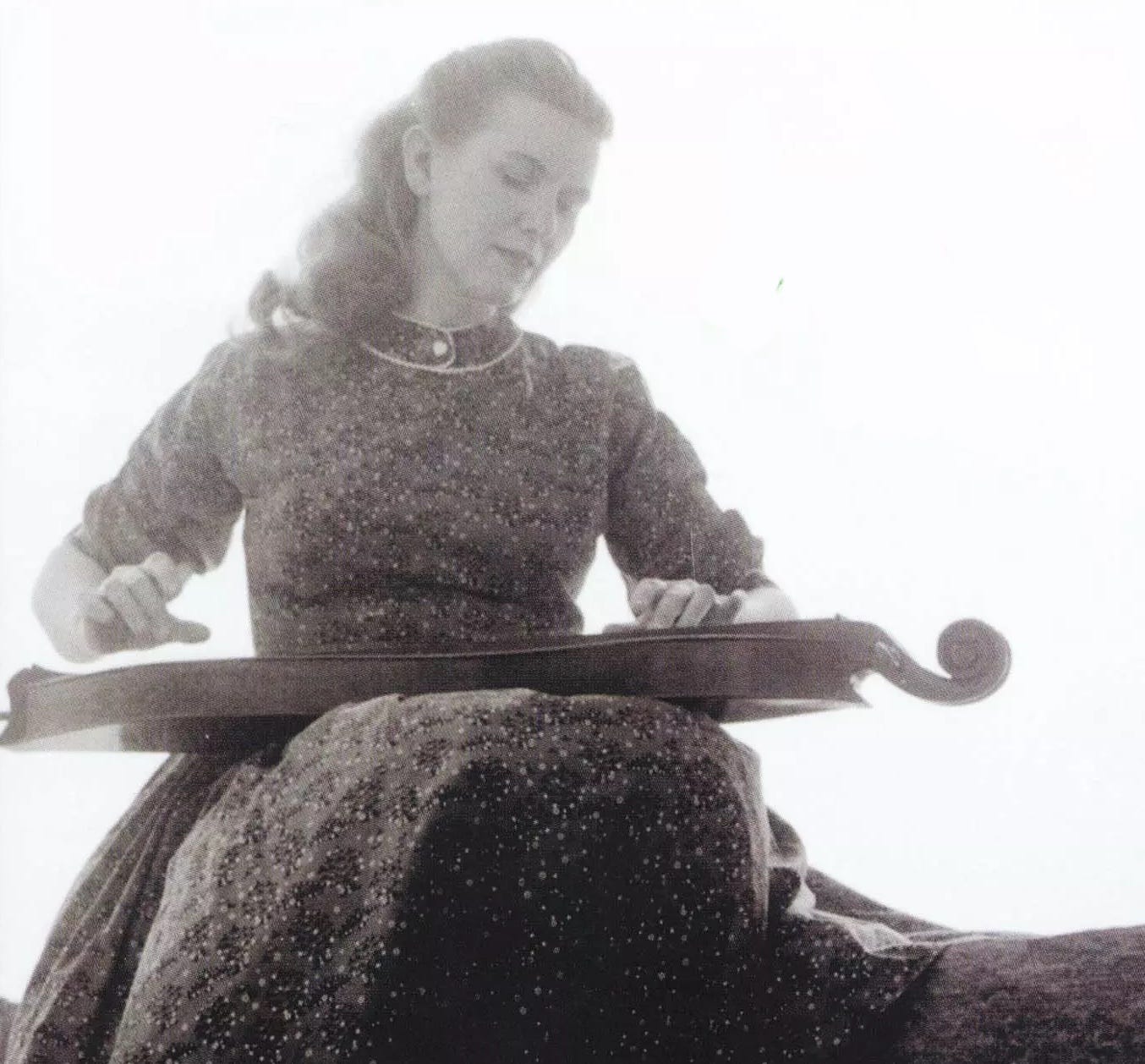

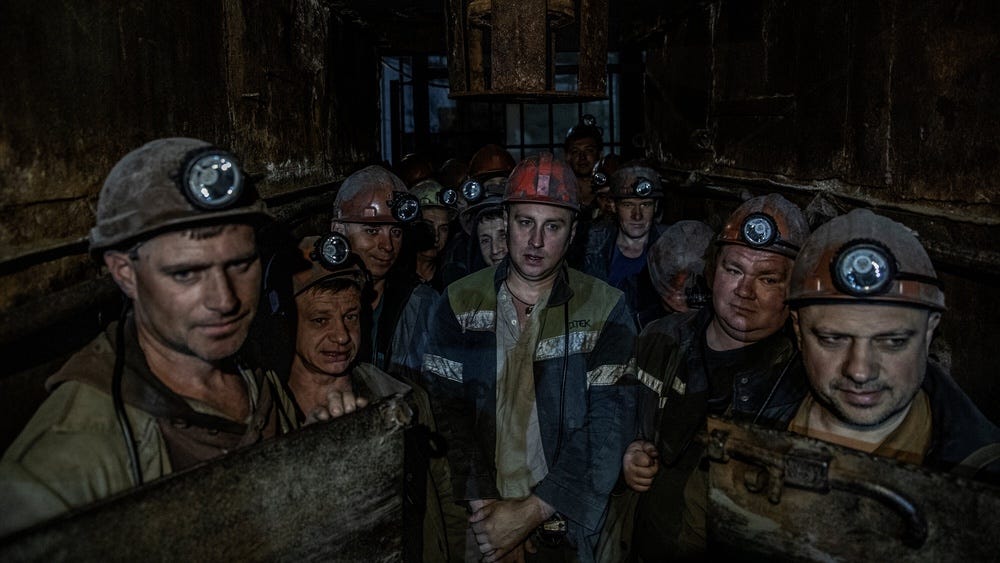
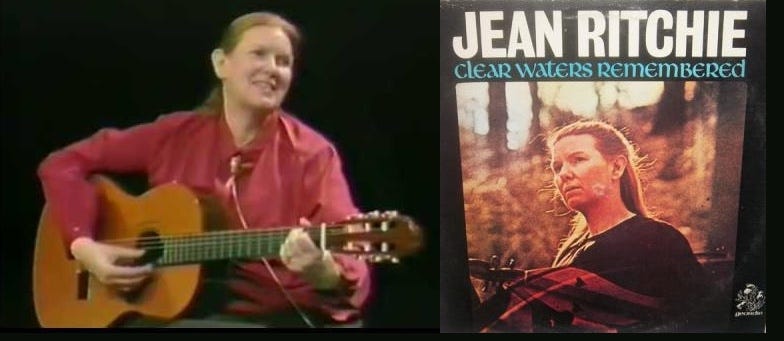

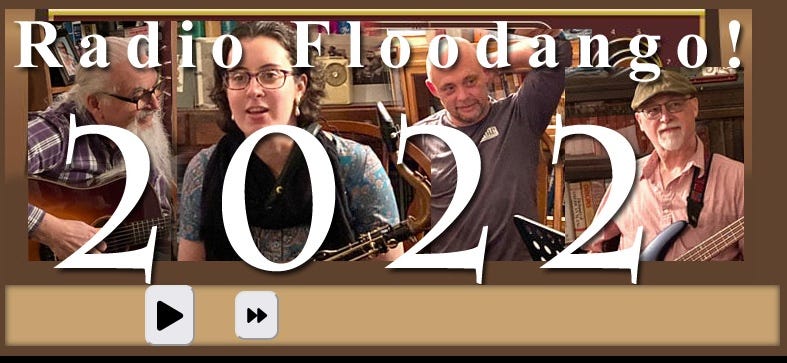







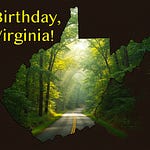
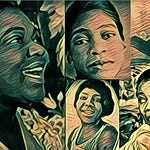
Share this post